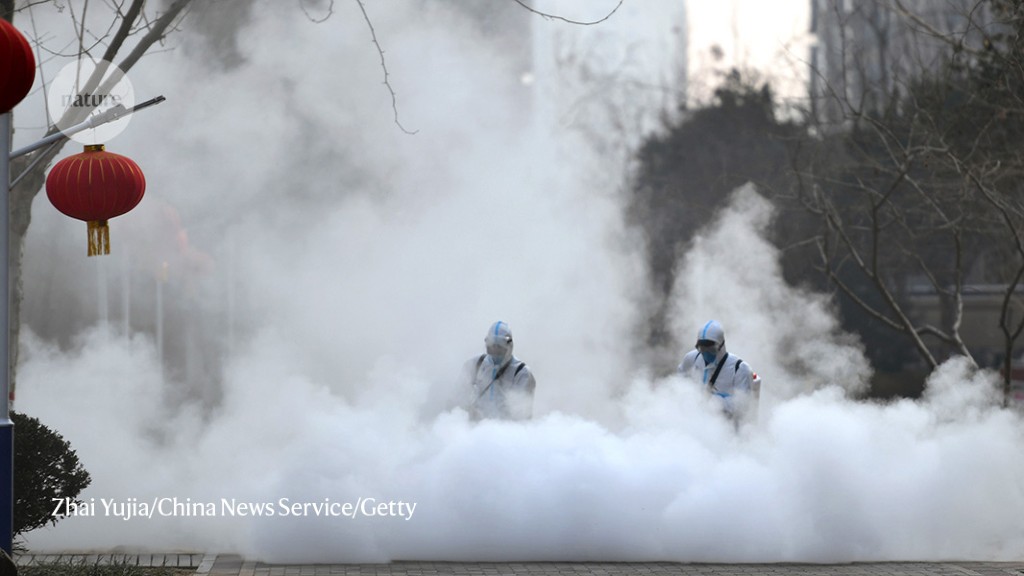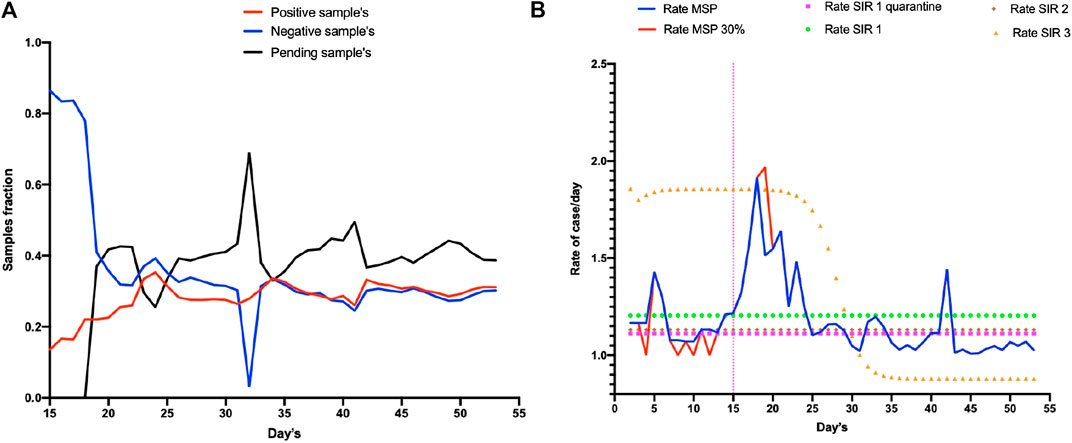This is truly the crux of the issue. At what point do we make a social mandate or continue to allow others to make their own choices based upon the limited information we have. We have degrees of certainty and to that point I am attempting to stress the importance of understanding what we truly know. So much miss information or guess is repeated ad nauseum as unquestionable fact when there is minimal circumstantial evidence at best and no evidence at worse to support the conclusion.
Yes in theory Social Distancing and prohibiting gatherings along with closing of public spaces works. But we also have to take into account the free will of society and how many times these precautions have been broken by the rule makers let alone unreported by the masses.
Mask wearing has the potential of reducing those who are infected from spreading the virus but how many have you seen wearing simple thin self made cloth, how many have it not covering their nose or around their neck.
We don't even know how many of the general population has already contracted the virus had a mild cold was not tested and now is partial natural immune even before the vaccine became available. This can lead to the false conclusion that social distancing and mask wearing were highly successful when in truth they utterly failed most people contracted the virus had little to no symptoms and it simply was not as bad as was originally projected.
It should be and often is considered by researchers especially in the more niche and out of the limelight. After all this is the ideal of the scientific principle to ask a question think of a possible conclusion and then find ways to disprove it. But when you start to look into the actual process you'll find that grant money changes the process significantly. Given the financial stakes the rush to be first to publish along with the current expert being the peer reviewer and thus a defacto gatekeeper for new ideas and challenges to their position. That the scientific community is not as truthful as we would like to pretend it is. While research should come up with a question and a hypothesis what tends to happen is a costly test is crafted and executed, data is collected then data is massaged to craft a fitting hypotheses that then be supported by the data and conclusion. While its not entirely wrong it also was not truly tested against which has lead to a number of missteps and years of researched based upon this to be invalidated because the original premise was incomplete or wrong. Which is compounded by the lack of funding to repeat the test and double validate the conclusion. And it all comes back to how funding is distributed and who decides on what gets funded and who gets continued funding for they are looking for results as they have a voting body who wants to see successful results with their tax revenue. (I would argue that a failed test is far more valuable than a successful result but this argument seems to be a public minority)
There is a lot we use in our everyday life that is not been studied rigorously (finger prints have been for over 100 years now) or we don't know why it works and in fact it's part of a running joke between scientists and engineers. An engineer knows it works while a scientist says it shouldn't.
In the end it's not that I don't trust the more recent stuff. Its that I am more cautious in regards to the more recent things especially when they are in stark contradiction to previous established doctrines that have been based upon years of research. This is not saying the new research is wrong or was simply established to push an agenda for continued grant funds (always a risk of any research) but that it needs more scrutiny and validation.
It truly has become a sad reality in some circles. But there also seems to be a growing pushback on this as well.
It was a fascinating case study in research, funding and the dogma of the established peer review process. Even after the study started to gain traction it still took a long time for doctors to start to test for and prescribe antibiotics for ulcer treatment. It also gave me hope in the realization that the process works in the end even if it takes years to work itself out.
Disagreements are great as it challenges our assumptions and forces us to review the sources of our conclusions.
Social distancing and mask mandates were to allow people to maintain some semblance of a normal life while trying to slow (not stop) the spread. Now, before you say "it's FREEDOM"...sorry, but here in the US, we have always had some restrictions about what we want to wear. Most stores have a "no shirt, no shoes, no service" policy, meaning you can't go in barefooted and shirtless and expect to be able to purchase items from that store. As a whole, the VAST VAST majority of places require you to have some sort of clothing covering your reproductive organs. (the exceptions being nude beaches and naturalist resorts). Wearing a mask is no more than wearing another piece of uncomfortable clothing.
As for social distancing, it was that or quarantine. Since asymptomatic transmission is such a huge deal, we would have needed to quarantine EVERYONE for over a month to contain things, and we just don't have the infrastructure nor the personal resources for that as a whole. Most people do not have enough food for a month without going to the grocery store, nor could grocery stores have been able to provide that food in a limited time. Since a nation wide quarantine was out, social distancing was again asked of people.
However, some people thought they were special, immune, or just felt that because they were younger, they would just get a mild case, so they went to spring break, they went to Sturgis, they went to all these places and guess what. They got sick and brought it back to their communities where they spread it to others. Others who get
very sick, and some probably died due to that negligence.
So, did I stay home all the time? For the most part, YES, I did, and so did most of my family and the people I worked with. I did make ONE trip. My Aunt was in a bad way (not covid, just old age), so I drove 800 miles to get my mom, drove her another 600 miles down to see her sister (probably for the last time while she is alive), and then another 800 miles back home. I limited contact to my family and one grocery store. I also quarantined myself starting 3 weeks prior to my trip. I got a COVID test a week before (results were negative 2 days before my trip), drove directly there, ensuring that I used gloves, a mask, good handwashing techniques, and lots of hand sanitizer when I stopped at rest stops. Once I got back, I self quarantined again for 17 days, then got another test, self quarantining again until I received the negative result. I did not stop to see my mother-in-law who lives 30 minutes from my mom (and 5 minutes off my travel path), nor my sister-in-law who lives just a little further away, and I REALLY wanted to.
Other than that trip, the only places I have been are to the grocery store and a few other places for stuff we needed (pharmacy, etc.) Other than that, it was take out for the few times we ordered out, home delivery, or contactless in-car delivery. My wife also did all those things, except for the trip where she stayed home. I have not seen my nephews, nieces, brother, in-laws, family friends, cousins, all my other aunts and uncles, etc. in over 20 months. Yes, it's hard, but I do it because by not seeing them, it limits the possibility of unknowing transmission. We make do with phone calls.
We have been vaccinated for about 2 months, fully for about the past 6 weeks, and only in the past 2 weeks have we really started resuming our lives.
I've seen too many people deny COVID exist, then get sick themselves and pass it on to others. I've seen too many people question reasonable precautions, throw a freaking temper tantrum that a 2 year old would be envious of over wearing a mask, and act like the whole thing was someone else's problem. Others say "people need to wear a mask", then don't do it themselves. Sorry, but people like the above need to GROW UP and TAKE SOME FREAKING RESPONSIBILITY.







